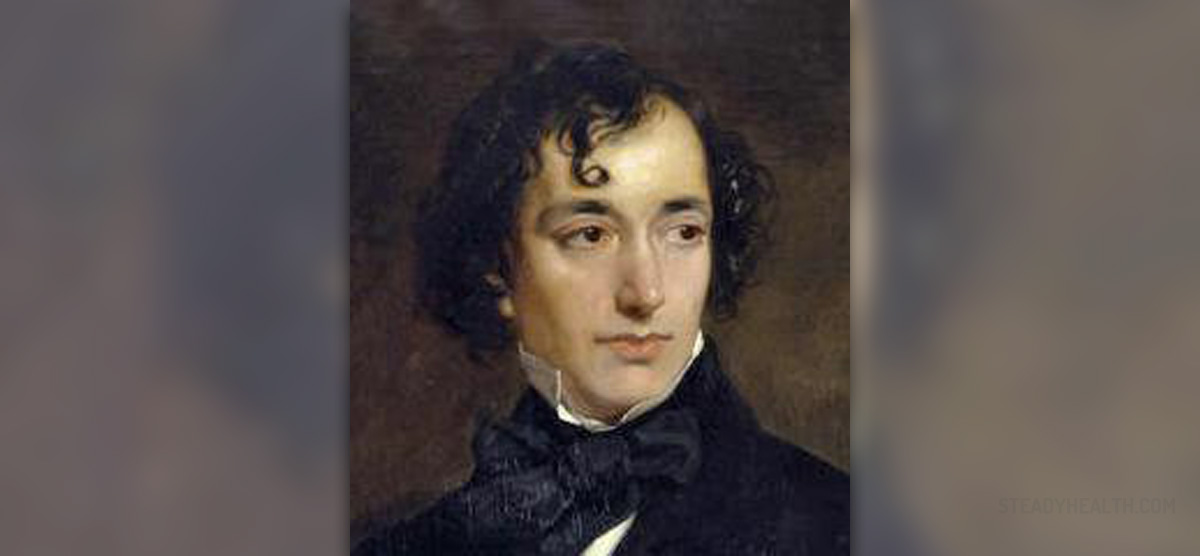
Morning dizziness is a term used to closely determine the period of the day when dizziness as a symptom and potentially serious health issue occurs. Morning dizziness can be occasional and associated with some physiological processes in the body or it represents a characteristic of more serious medical conditions. In the last case it requires further evaluation, diagnosing and treatment.
Dizziness in the morning may occur instantly when a person wakes up or a bit later when he/she gets out of the bed and starts with all the routine daily activities. The sensation people often describe is like everything that is around them suddenly starts to spin.
What may Cause Morning Dizziness?Simple ExplanationOne of the most common explanations is lack of proper balance which occurs due to involuntary stumble. This is generally not a reason for one to worry, especially if it does not repeat or repeats but only occasionally. One more explanation is overexertion the person experienced the night before due to heavy alcohol drinking or staying late at night to finish all the work he/she had. And finally, people who get up rapidly from the bed may complain about dizziness and the reason behind the sensation in such case is inadequate regulation of blood pressure due to sudden movement. Once the pressure normalizes, the person will feel good again.Other CausesDizziness in the morning may develop as a consequence of some infections of the ear (particularly the inner ear) which affect the cells responsible for maintaining balance. The sensation of dizziness may be the worst in the morning and gradually subside during the day. Still, once the infection is brought under control, the problem of 'spinning' withdraws.
Changes in blood pressure commonly occur in the morning. In people suffering from hypotension, the pressure in the morning can be way too low and responsible for the onset of dizziness. Even intake of certain medications which control pressure in people suffering from hypertension may cause severe reduction of blood pressure over night and cause dizziness the following morning.
In some individuals anxiety can be blamed for the problem. Anxiety attacks, panic attack and similar situations are often related to dizziness.
Unfortunately, even more serious medical conditions may be accompanied by dizziness in the morning. For example, this may be the only one of many symptoms and signs of a stroke. The problems also affects people suffering from multiple sclerosis and several more neurological disorders.
In case dizziness is accompanied by additional symptoms and signs such as headache, nausea and vomiting the person is due to immediately consult his/her doctor.

















Your thoughts on this
Loading...